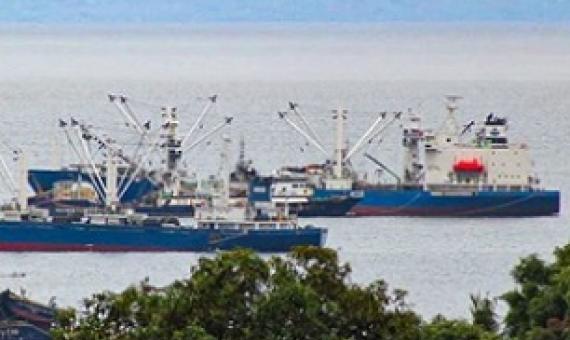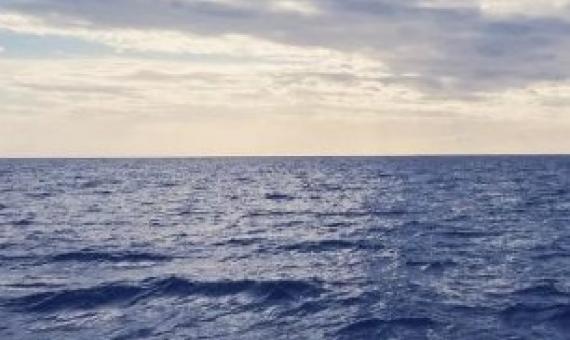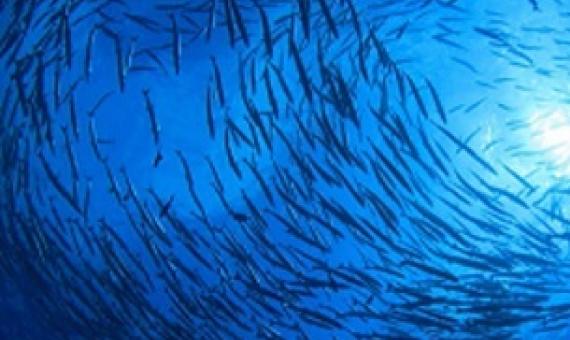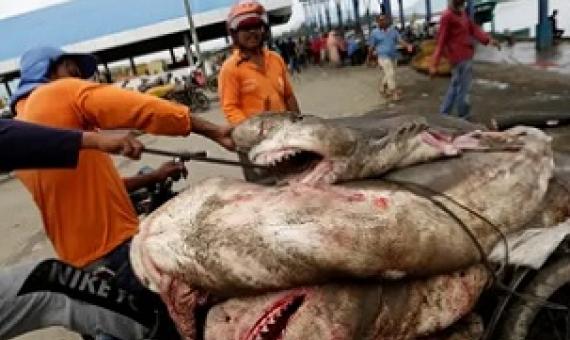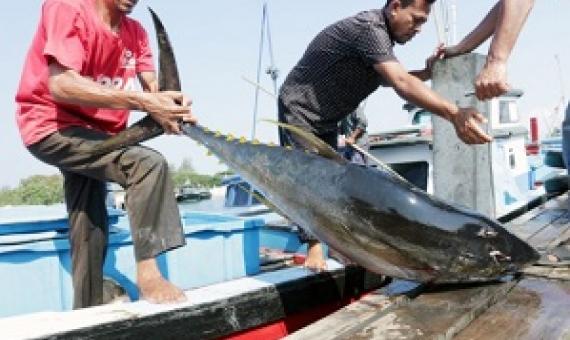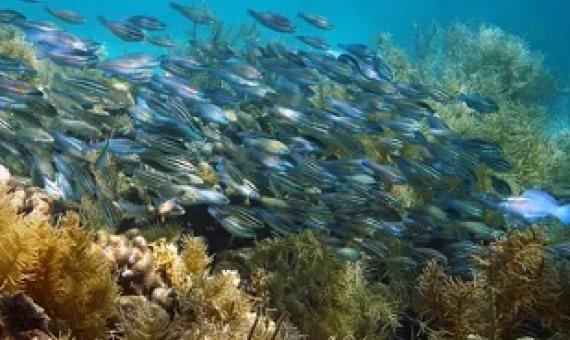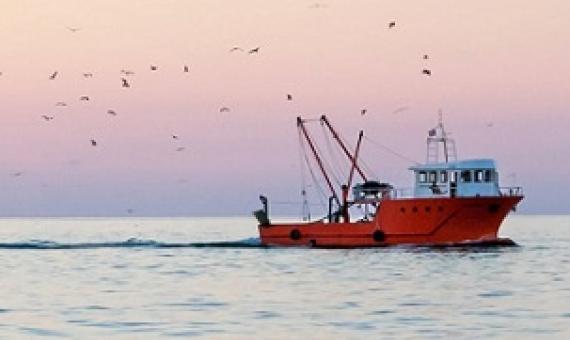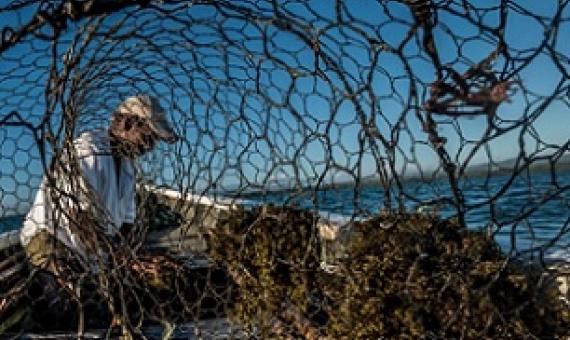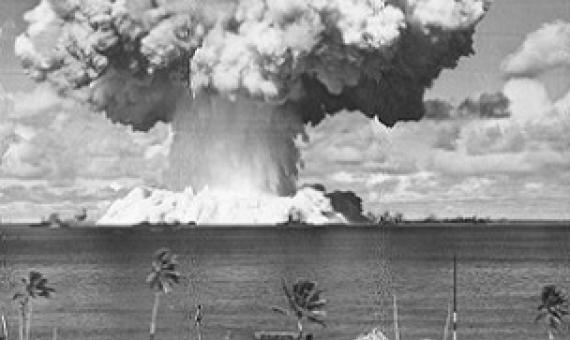As with many other aspects of government policy, overfishing and other fishing-related environmental issues are a real problem, but it’s not clear that government intervention is the solution.
‘Unprecendented’ might be judged the most used adjective of 2020. The end of the year brought one more occasion to use the word, when the leaders of 14 countries put forward a new ocean action agenda underpinned by sustainably managing 100 per cent of national waters.
Australia announced on Wednesday that it would step up in the fight to protect the world’s oceans from pollution, overfishing and changing climates, officially joining an ocean preservation coalition of close to 40 nations. Australia has now joined the likes of France, United
About four years ago, Colin Simpfendorfer was diving on reefs in Indonesia’s picture-perfect Raja Ampat region when he noticed the distinct absence of something. “It’s a beautiful place to dive. We would have expected to see grey reef sharks and white tips,” says the veteran scientist.
The coastal habitats in Indonesia are being exploited beyond their capacity from overfishing by more fishers using more efficient fishing gears, and coral reefs are being damaged from illegal and destructive fishing methods...In response to the growing recognition of the loss of these valuable ma
In a long-awaited move from the Trump administration, the US has proposed critical habitat protections for twelve coral species in the Caribbean and Pacific Ocean. The rules would protect over 6,000 sq miles (nearly 16,000 sq km) of critical coral habitat.
Pollution, plastics and unsustainable seafood may look like isolated problems, but they influence each other. As nutrients run off farmland and into the sea, they affect the conditions fish need to thrive.
Ocean ecosystems are under threat. They also hold solutions. Climate change is increasing sea levels and making the ocean warmer, more acidic and depleted in oxygen.
People in wealthy, industrialized countries are used to finding their supermarket shelves fully stocked. Yet for a brief period early in the COVID-19 pandemic, some of those shelves emptied out, as panic drove shoppers to stockpile and supply chains were interrupted.
A global network of marine protected areas for food
Marine protected areas (MPAs) are conservation tools that are increasingly implemented, with growing national commitments for MPA expansion. Perhaps the greatest challenge to expanded use of MPAs is the perceived trade-off between protection and food production. Since MPAs can benefit both conservation and fisheries in areas experiencing overfishing and since overfishing is common in many coastal nations, we ask how MPAs can be designed specifically to improve fisheries yields.

